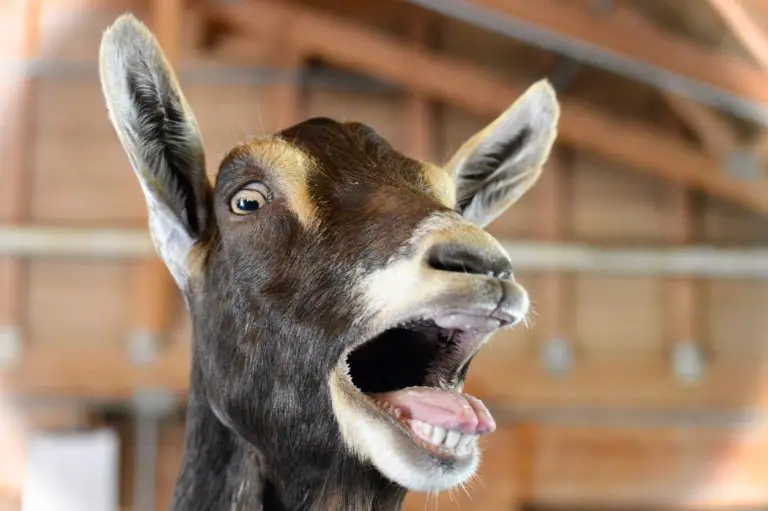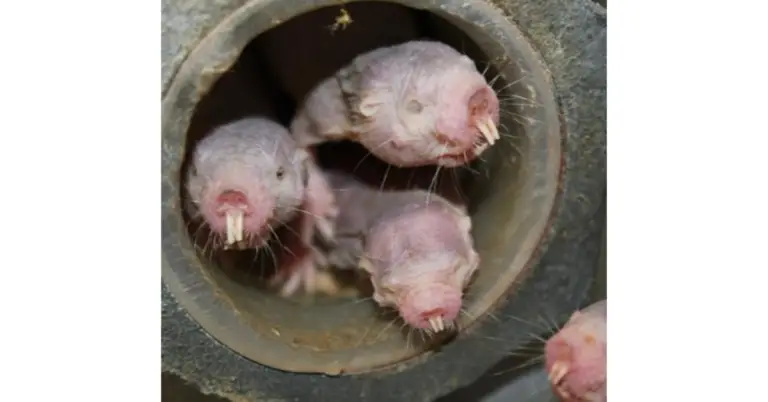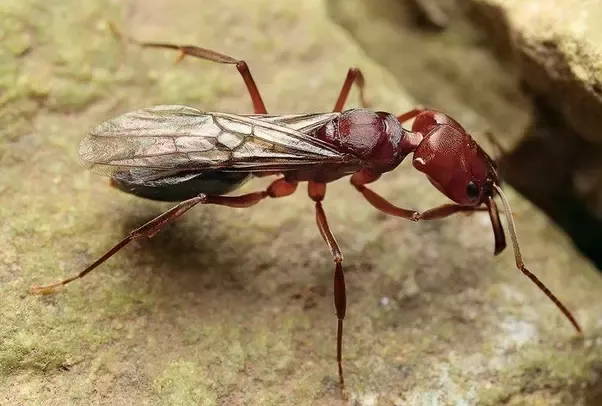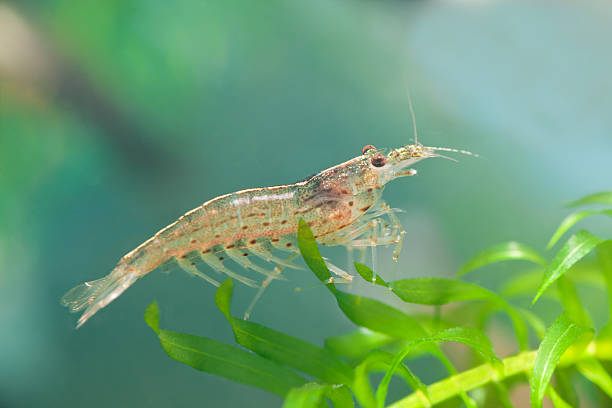Why Is My Cat Always Hungry? Discover the Surprising Reasons
Your cat may always be hungry due to reasons such as a higher metabolism, inadequate nutrition, or a medical condition. Cats with fast metabolisms or certain health issues may require more food to meet their energy needs.
Common Triggers For Increased Appetite
Increased appetite in cats is a common concern among pet owners. There can be various triggers that lead to this behavior. Natural growth spurts are one of the primary reasons why cats may seem hungry all the time. As kittens, they go through rapid growth phases that require higher caloric intake. High physical activity levels can also contribute to a cat’s increased appetite. Cats that are more active burn more calories and therefore need to eat more to maintain their energy levels. Another factor to consider is the diet and feeding schedule. Feeding cats low-quality food or irregularly may not provide them with the necessary nutrients, leading to increased hunger. It’s important to ensure that your cat’s diet is nutritionally balanced and that they have regular mealtimes. Monitoring your cat’s weight and consulting with a veterinarian can help address any concerns about their appetite and ensure they are healthy and well-nourished.

Medical Concerns Behind Excessive Hunger
Excessive hunger in cats can be a cause for concern, as it may indicate an underlying medical condition. Some common medical concerns that can lead to increased appetite include parasitic infections, diabetes mellitus, hyperthyroidism, and gastrointestinal issues.
| Parasitic Infections: | Parasites such as tapeworms, roundworms, and hookworms can cause increased hunger in cats by affecting their nutrient absorption. |
| Diabetes Mellitus: | Cats with diabetes may display excessive hunger due to their inability to properly metabolize glucose. |
| Hyperthyroidism: | An overactive thyroid gland in cats can result in increased appetite as well as weight loss. |
| Gastrointestinal Issues: | Conditions such as inflammatory bowel disease or intestinal parasites can lead to poor nutrient absorption, causing cats to feel hungry more often. |
If you notice that your cat is constantly hungry, it is important to consult with a veterinarian who can help identify the underlying cause and provide appropriate treatment.
Behavioral Aspects Of Feline Hunger
Understanding the behavioral aspects of feline hunger can help pet owners determine why their cat is always hungry. Food-oriented behavior is a common manifestation of feline hunger, as cats may constantly seek out and vocalize for food. This can be accompanied by stress and anxiety signals, such as pacing, restlessness, or excessive grooming. Cats are creatures of habit, and changes in routine and environment can also trigger increased hunger. For instance, a switch to a new feeding schedule, different food brand, or a move to a new home can disrupt their eating patterns and cause them to feel hungrier.
In order to address your cat’s constant hunger, it is important to establish a regular feeding routine and ensure they are receiving a nutritionally balanced diet. Providing mental and physical stimulation through interactive toys and play sessions can also help alleviate food-seeking behaviors. If you are concerned about your cat’s excessive hunger, it may be beneficial to consult with a veterinarian to rule out any underlying medical conditions.
Nutrition And Diet Analysis
Understanding why your cat is always hungry starts with evaluating their nutrition and diet. The quality of cat food you provide plays a crucial role in their hunger levels. When selecting cat food, it’s important to analyze the nutritional value it provides rather than just focusing on the caloric intake. Look for cat food that is rich in proteins and essential nutrients, avoiding fillers and artificial additives.
Feeding practices and portion control also play a significant role in managing your cat’s hunger. Cats are natural grazers, so it’s best to provide multiple small meals throughout the day rather than a single large meal. This helps to regulate their hunger and prevents overeating. Additionally, be mindful of the portion sizes you are serving. Consult with your veterinarian to determine the appropriate amount of food based on your cat’s age, weight, and activity level.
| Evaluating Cat Food Quality |
|---|
| Consider these factors when assessing cat food: |
| – The protein source should be clearly identified, such as chicken or fish. |
| – Avoid fillers like corn, soy, and wheat, as they provide little nutritional value. |
| – Look for natural preservatives like vitamin E and C, avoiding artificial additives. |
| – Check the guaranteed analysis for the minimum levels of protein and fat. |
When To Seek Veterinary Assistance
If your cat is constantly begging for food, it may be a sign of an underlying health issue. It is important to seek veterinary assistance to rule out any medical conditions causing their increased hunger.
When to Seek Veterinary Assistance:Persistent Increases in Appetite: If your cat is constantly hungry and seeking food even after being fed, it may be a cause for concern. While cats can have varying appetites, a persistent increase in hunger could be a sign of an underlying health issue.
Accompanying Symptoms to Monitor: Apart from an increased appetite, monitor your cat for other symptoms such as weight loss, excessive thirst, frequent urination, vomiting, or diarrhea. These symptoms could indicate a health problem and should prompt you to seek veterinary assistance.
Diagnostic Tests and Health Assessments: To determine the cause of your cat’s constant hunger, diagnostic tests and health assessments may be necessary. Blood tests, imaging studies, and thorough physical examinations can help identify any underlying medical conditions causing the increased appetite.
In summary, if your cat’s hunger seems abnormal and persists despite being provided with proper nutrition, it is crucial to consult a veterinarian. Identifying and addressing any underlying health issues promptly will ensure your cat’s well-being and alleviate any discomfort.
Tailoring Your Cat’s Diet Plan
Adjusting meal portions and times for your cat can help address its incessant hunger. By monitoring the amount of food you offer, you can ensure that your cat receives the appropriate nutritional value without overeating. Splitting the daily meals into several smaller portions can also help satisfy your cat’s hunger throughout the day. You should aim to provide a balanced diet that meets your cat’s specific nutritional needs. Commercial cat foods often provide the necessary nutrients, but be sure to read labels carefully and select high-quality options. Alternatively, if you prefer homemade meals, work with a veterinarian or veterinary nutritionist to create properly balanced recipes that suit your cat’s dietary requirements. Keep in mind that sudden dietary changes can be disruptive to your cat’s digestion, so make any adjustments gradually while monitoring your pet’s health and well-being.
Addressing Behavioral Causes
Cats are known for their insatiable appetite, but if your cat is always hungry, it may be due to behavioral causes. Addressing these causes can help regulate your cat’s eating habits and ensure they are getting the right amount of food. Enrichment activities such as puzzle feeders, interactive toys, and hiding treats around the house can help satisfy their natural hunting instincts and prevent boredom. Managing anxiety and stress is also important, as cats may overeat as a coping mechanism. Creating a calm and safe environment, providing hiding spots, and utilizing pheromone diffusers can help reduce stress levels. Training and positive reinforcement techniques can be used to redirect attention from food and offer alternative activities. By addressing behavioral causes and providing appropriate enrichment activities, you can help your cat maintain a healthy weight and prevent excessive hunger.
Myths Vs. Facts On Feline Appetite
Debunking common misconceptions about cats’ insatiable hunger can help provide clarity on their natural eating habits.
| Myth | Fact |
|---|---|
| Cats eat all the time out of boredom. | Cats have a natural drive to hunt and consume small meals throughout the day. They prefer frequent but smaller portions, replicating their hunting instincts in the wild. |
| Feeding more will solve the problem. | Cats can exhibit excessive hunger due to various underlying health issues, such as hyperthyroidism or diabetes. Proper veterinary care is essential to address these conditions. |
| Restricting food intake helps control weight. | Restricting food can lead to nutritional deficiencies and behavioral problems in cats. It’s crucial to provide a balanced diet that meets their specific nutritional needs. |
| Cats should have constant access to food. | Free-feeding may lead to obesity and other health issues. Controlled feeding portions, preferably using interactive feeders, can mimic their natural hunting behavior while managing calorie intake. |
| Cats beg for food due to lack of love or attention. | Hunger cues from cats are often misunderstood as mere attention-seeking behaviors. Ensuring regular playtime and engaging with them can satisfy their need for stimulation, reducing food-related behaviors. |
Understanding the truth behind these myths can help create a healthy and balanced approach to feeding cats, ensuring their well-being and preventing any unnecessary concerns regarding their constant hunger.
Frequently Asked Questions On Why Is My Cat Always Hungry?
Why Does My Cat Act Like He’s Starving All The Time?
Cats may act like they’re hungry all the time due to several reasons, such as an inadequate diet, health issues, or attention-seeking behavior. It is important to ensure they are on a proper diet and consult a veterinarian if their behavior persists to rule out any underlying health concerns.
Why Is My Cat Asking For Food All The Time?
Your cat may be asking for food constantly due to various reasons like being on a calorie-restricted diet, having a medical condition, or seeking attention. Ensure your cat’s diet meets its nutritional needs and consult with a veterinarian if the behavior persists.
Should I Feed My Cat Every Time It’s Hungry?
Feed your cat according to a regular feeding schedule rather than every time it’s hungry. This helps maintain a balanced diet and prevents overeating, weight gain, and other health issues.
Why Is My Cat So Food Obsessed?
Cats can be food obsessed because of their natural hunting instincts and their desire to satisfy their hunger. Providing regular meals and engaging them in play can help redirect their focus and prevent overeating. Keeping their environment interesting and ensuring they have enough mental and physical stimulation can also help limit their food obsession.
Conclusion
Understanding why your cat is always hungry is essential for their overall health and well-being. By ruling out medical issues and ensuring they are getting proper nutrition, you can help curb their insatiable appetite. Providing a balanced diet, regular exercise, and monitoring their food intake can all play a role in addressing this common feline behavior.
Remember to consult with your veterinarian for tailored advice and to ensure your furry friend’s nutritional needs are being met. A satisfied and content cat leads to a happy and harmonious household.







